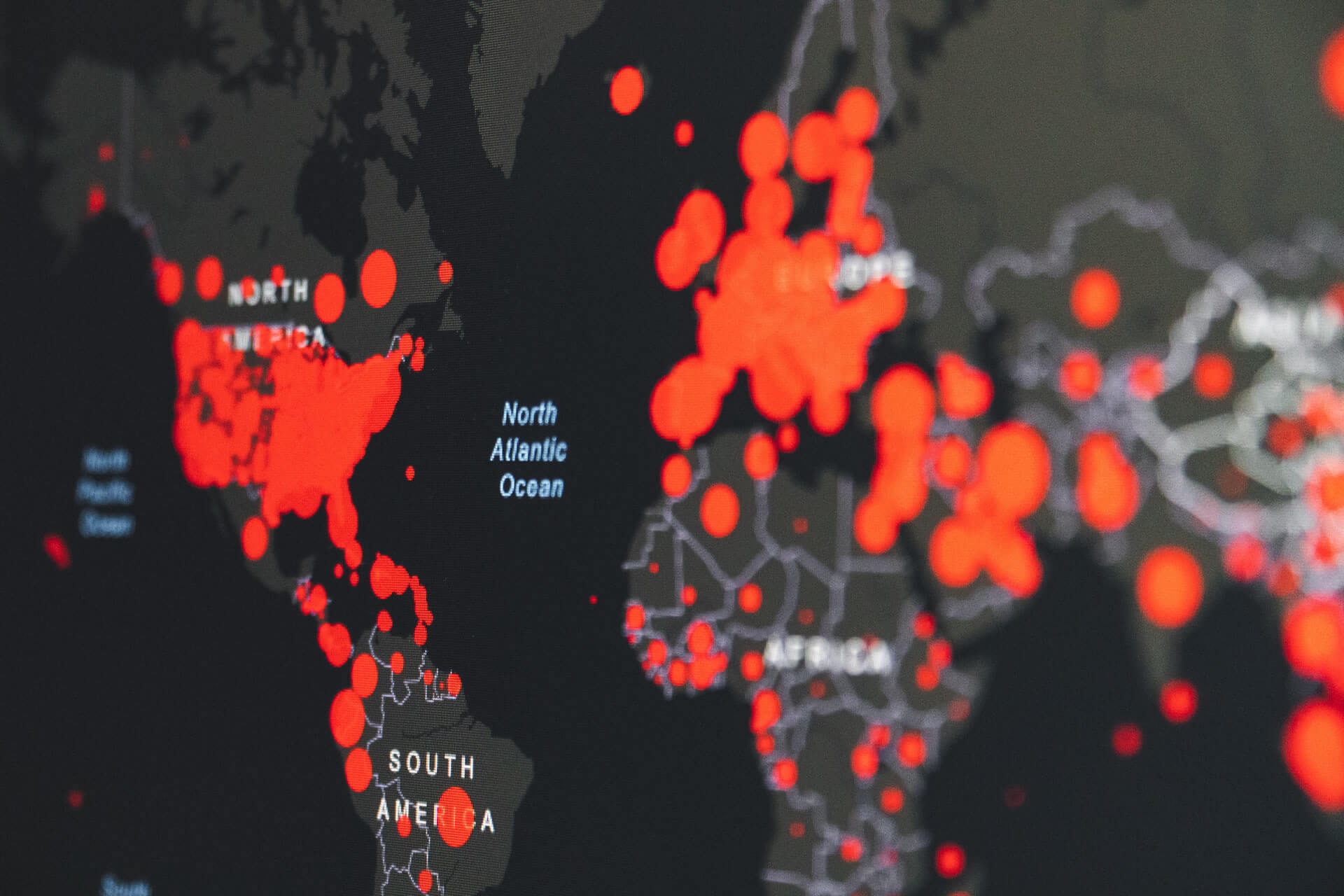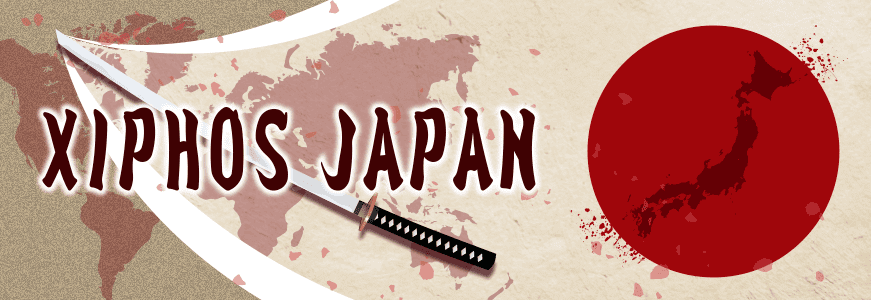 Initially the Australian government said the Coronavirus was a distant country problem. I thought it was a flu-like entity that was limited to Asia in the Far East. This is not unique to Australia, but in most Western countries the topic of Coronavirus had not even been raised.
Initially the Australian government said the Coronavirus was a distant country problem. I thought it was a flu-like entity that was limited to Asia in the Far East. This is not unique to Australia, but in most Western countries the topic of Coronavirus had not even been raised.
Most Japanese people think of Australia as a white country, but in reality it is a country made up of immigrants from all over the world, and in recent years, not only Westerners, but also Chinese and other Asian immigrants have made up the majority of the population.
It is believed that the Australian government, which had taken it easy as a fire on the other side of the country, has led to a sharp increase in the number of infected people as a result of the great migration of Chinese people on Chinese New Year, Mardi Gras, the biggest celebration of homosexuals, and the acceptance of visitors from abroad in February and March.
But the subsequent policies of the Australian government have been swift.
First, it restricted foreign nationals from entering Australia. Japan also implemented restrictions on entry, but it took only a few days to impose a total ban on foreigners of all nationalities, rather than a partial one like Japan’s, the fastest of any developed country.
Currently, Australian nationals and permanent residents are allowed to enter the country, but after a strict virus check at the airport, they are transported to their government-appointed accommodation in a government-issued transport vehicle, quarantined for several weeks, and then released after another negative test.
Other businesses are closed, individuals and businesses alike are not allowed to go out except for the bare minimum to sustain life, not self-restraint with no legal force, and fines of up to $11,000 if violations are found.
Australia’s economy is heavily influenced by the tourism industry, but it seems to have chosen an early resolution to the Coronavirus rather than that.
It is unclear how many restaurants and bars will go out of business during the period of government regulation and once the virus is calmed, and those involved in the industry, which is another industry that plays a major role in the Australian economy, are not allowed to operate in the restaurant industry.
While it is correct to say that the government’s policy of suppressing new cases of Coronaviruses through government regulation, rather than the self-restraint demanded by the people’s autonomy, what will happen to the economy after the Coronavirus is contained? In terms of support for companies, I have the impression that Japan has a better plan for this.
Australia has announced support for businesses forced to close, but there is a lot of uncertainty about how much, how and when, and the only thing that is clear is that there is a maximum six-month deferral on rent correspondence, but this is only a deferral and must be paid after six months. In the first place, it can be said that there is a high possibility that it is not possible to pay even if a six-month grace is received because the company without physical strength is not able to pay the rent, and it is the translation that procrastinates. Perhaps it is the nature of the Australian people to postpone all problems in this area.
In Japan, there is a lot of fuss in the media about the negative aspects such as the lack of benefits for citizens, but as a resident of a foreign country, it doesn’t seem to be fair.
It is true that Japan’s laws and national character stand in the way, and we are clearly behind when it comes to rapid response in the event of an emergency. However, the support for companies that have been and will be severely damaged by the Coronavirus seems to be among the best in the world.
To be fair, Australia is better at eradicating the Coronavirus and Japan is better at supporting businesses from an economic standpoint, so both have their pros and cons.
Other benefits of the Japanese health care system include the fact that everyone, not just Australia, receives a certain standard or higher. This is a great thing, considering the global standard. Living in Japan offers many benefits that are unheard of in the world. Instead of focusing only on the disadvantages, we need to be grateful that we are one of the few people in the world who have benefited from it.







